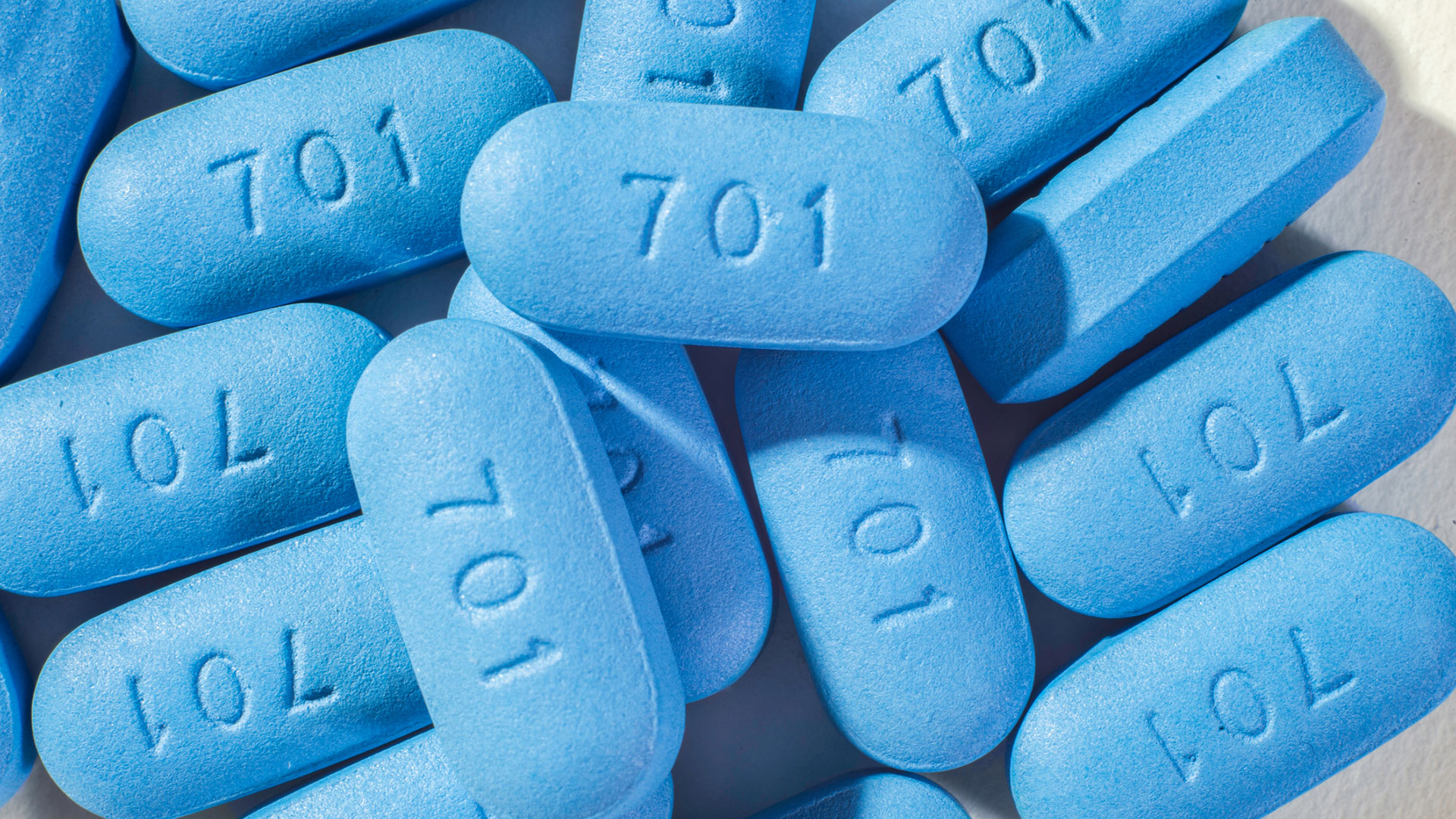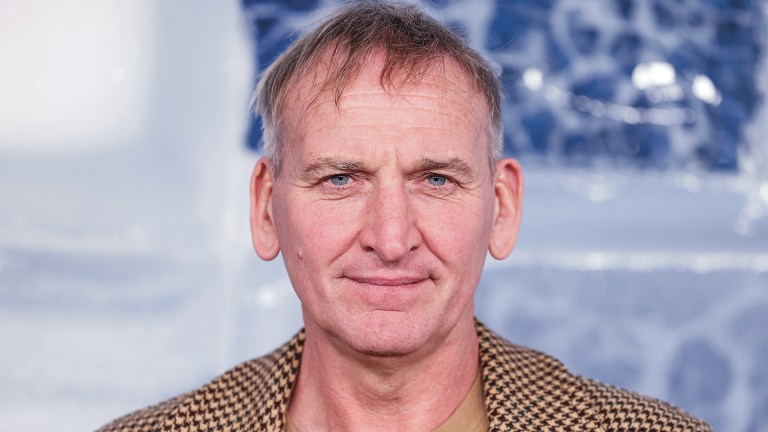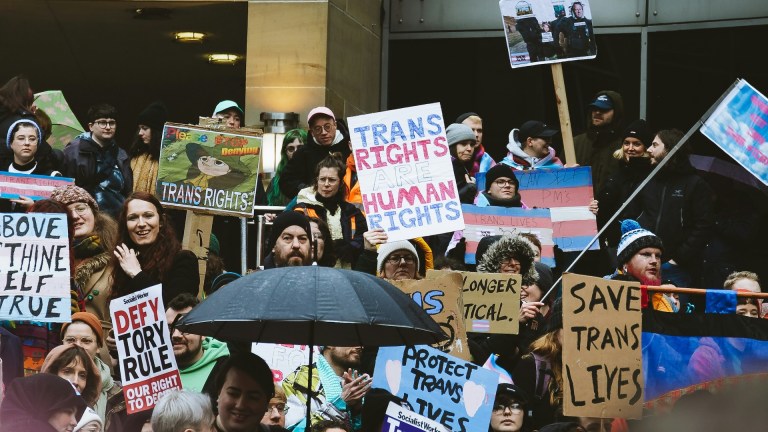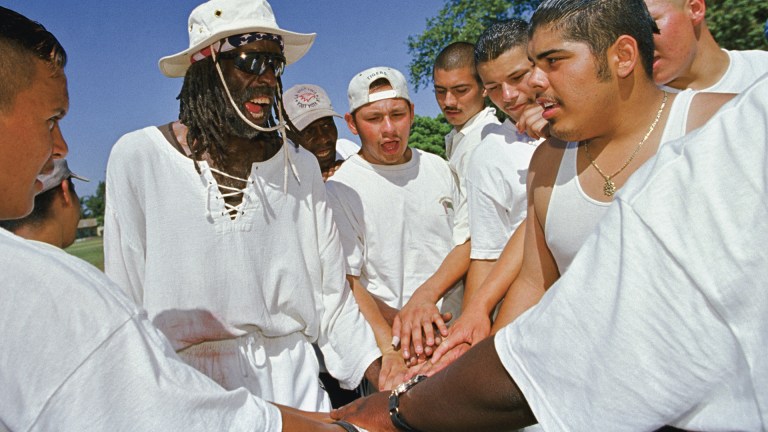I caught Aids in 1987. Aged 11, I was convinced the birthmark on my neck had turned into one of the lesions they kept showing on the news. I would die horribly and soon, and all because of what my best friend Mark and I did in secret. Nobody would cry for me.
In terror I watched the government advert, blushing when it came on, convinced everyone could see how dirty I was. “There is now a danger that has become a threat to us all,” intoned a plummy English voice as an epitaph was chiselled out of black stone. “It is a deadly disease and there is no known cure. Anyone can get it. Man or woman. So far it has been confined to small groups. But it’s spreading. So don’t die of ignorance.”
The advert ends with the epitaph: Aids. I saw my own name on that tombstone.
I was 16 when I finally went for an HIV test. I found the GUM clinic in the Yellow Pages – nothing to do with teeth. I took the bus there in my school uniform and stood around outside like I was waiting for a date. I only went in because I was scared someone might catch me and tell my mum. Inside I was asked by a doctor, who looked like our school vicar, if I was ‘a homosexual’. I wasn’t sure – I did things with boys but had a girlfriend too.
When I mentioned her, he smiled at me. He asked me to describe all the things I’d done with boys, with men. Was I active or passive? I looked down as I answered and he told me to look up as he made notes. Slowly he put his pen down then told me, calmly, I would one day catch Aids and die. When he took my blood he pushed the needle in so hard it snapped in my arm – I still have a tiny round scar, the full stop on his death sentence. I can show you, if you want.
Sex, when I got drunk enough to attempt it, was all about cheating death not enhancing life
Back then it took two weeks to get a result but I didn’t go back for a month. There was no point, there was no cure, there was no hope. I barely slept, spending days drafting increasingly elaborate funeral plans in my Smash Hits diary. Turns out they weren’t needed.










